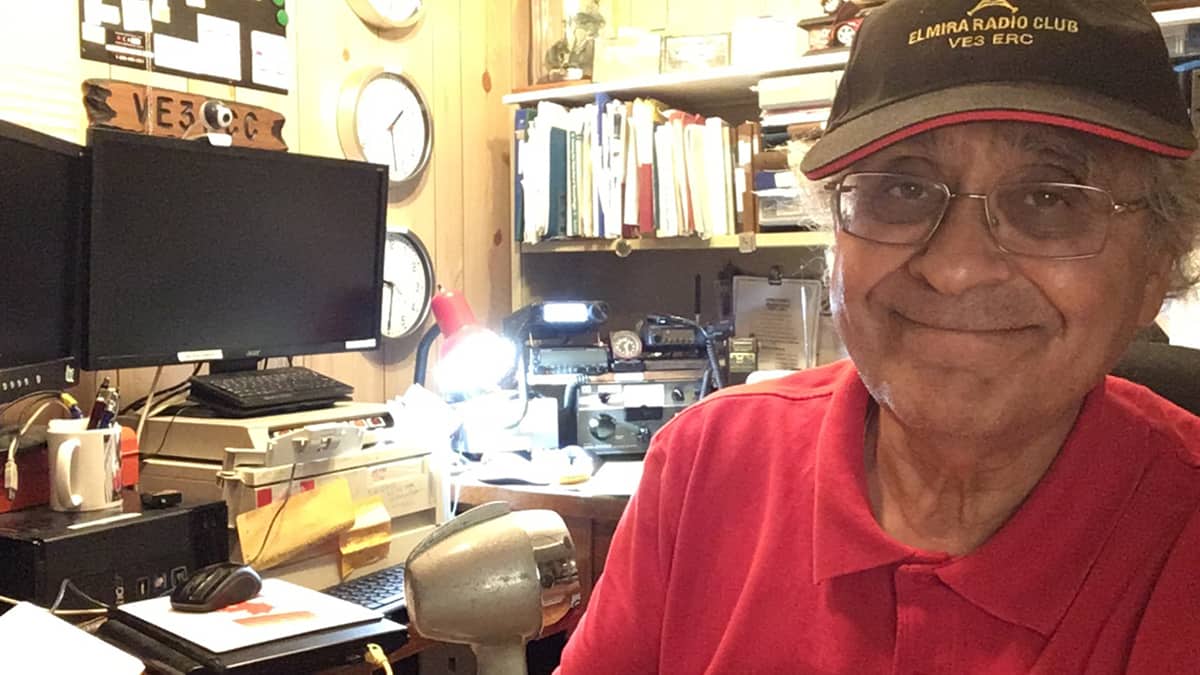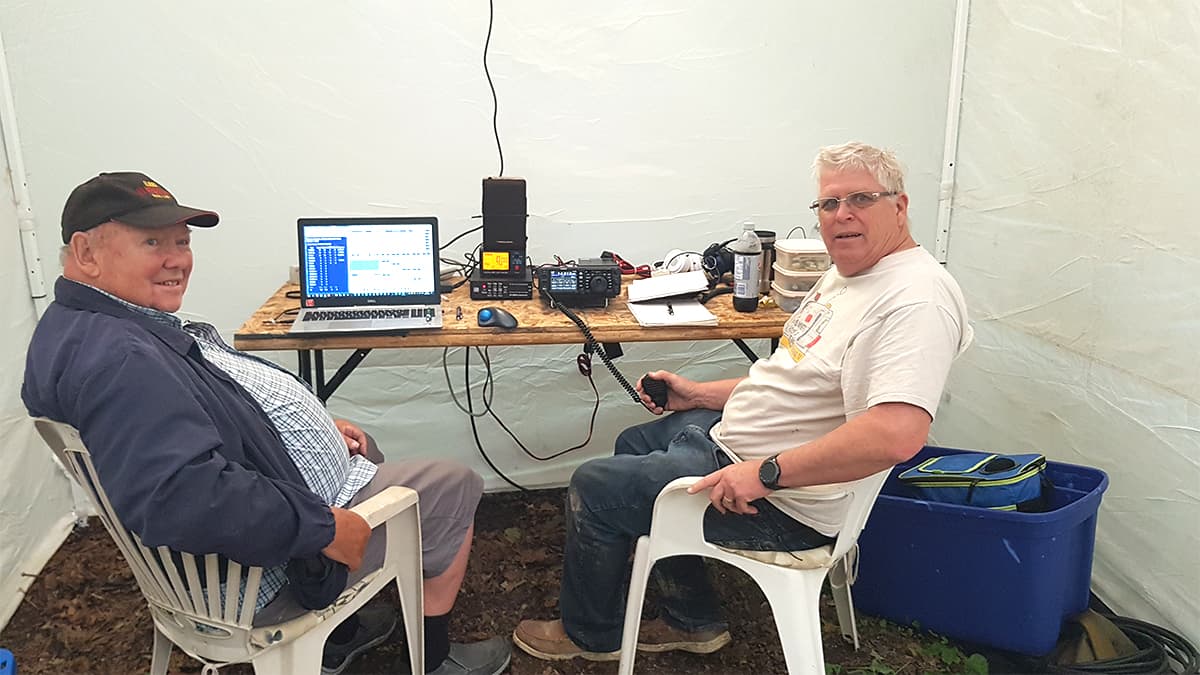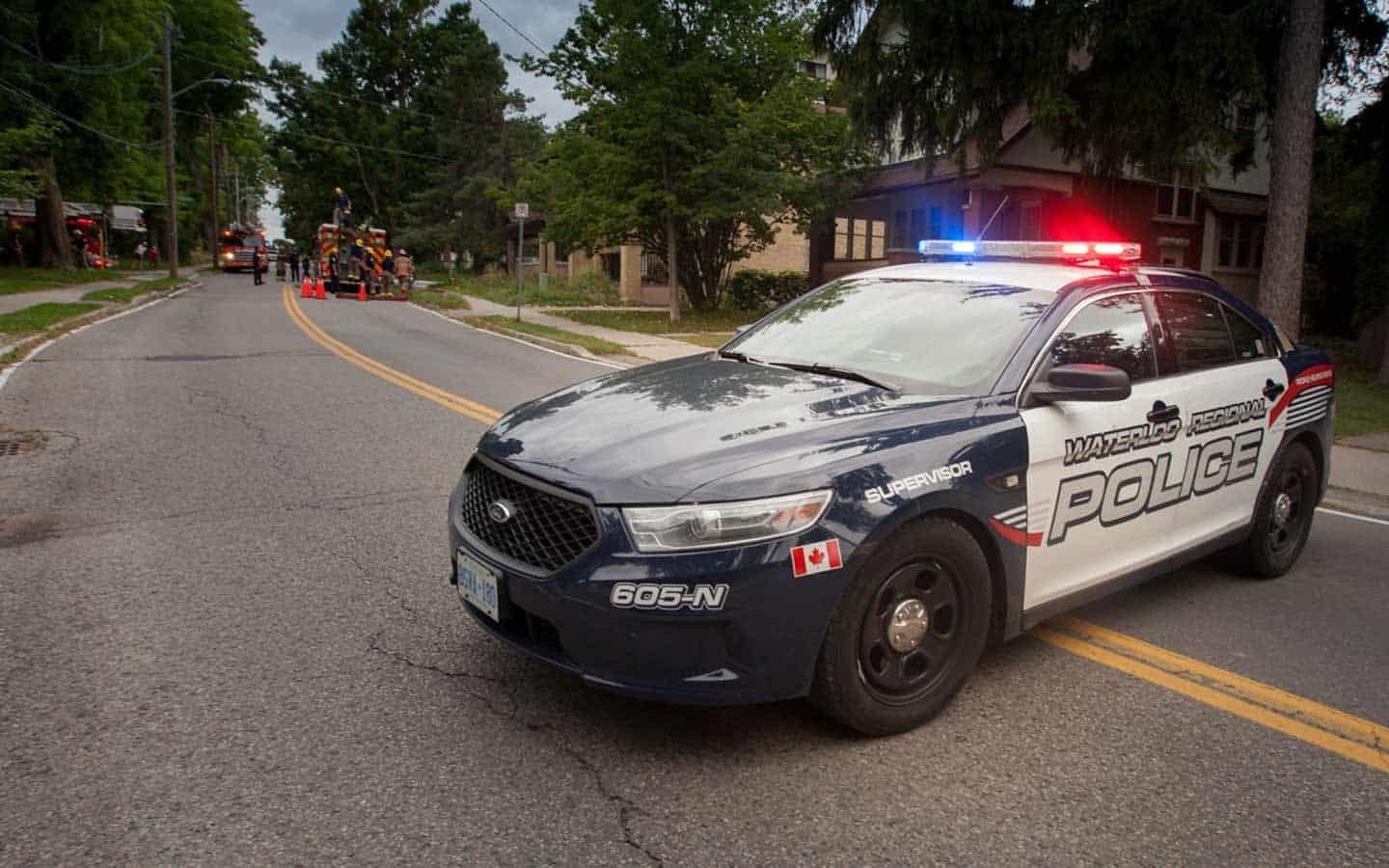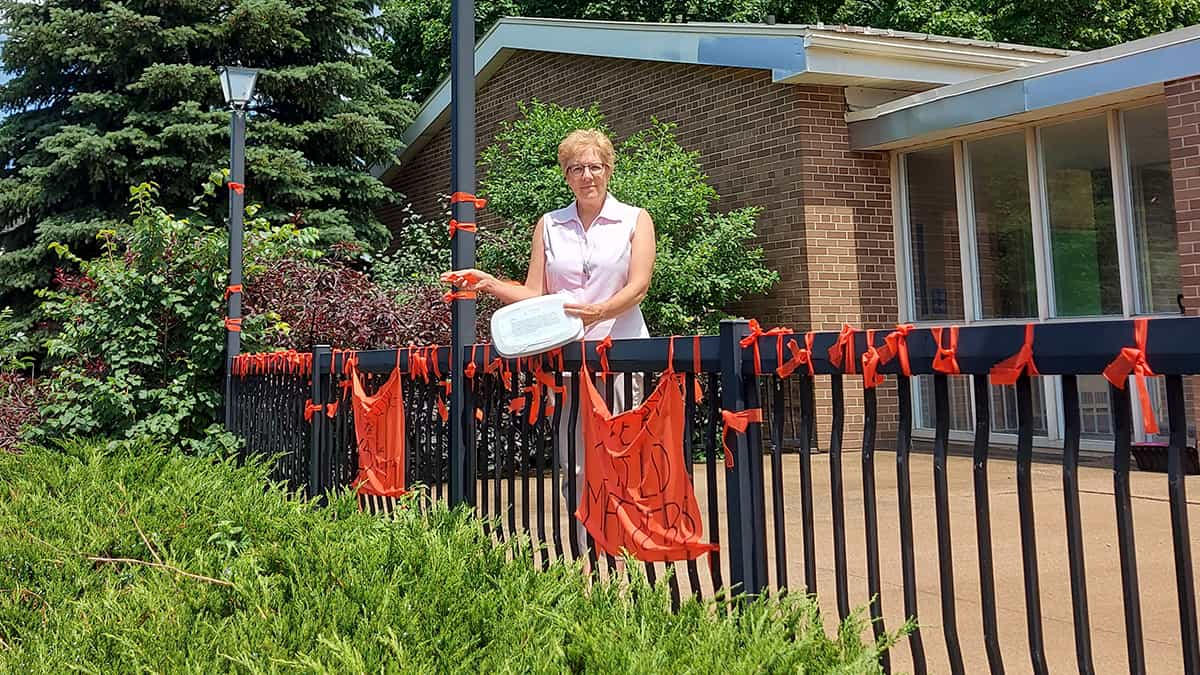Typically a social activity, ham radio can become an essential lifeline in times of emergency. Both facets of the technology have been part of the Elmira Radio Club for more than 30 years.
Ham radio operators are the first line of communication for the community in the event of a wide-reaching power outage, for instance. They can also take part in some fun, such as tracking astronauts in space, as was the case last week.
On the preparation side, local hams last weekend took part in an annual North America-wide amateur radio competition, known as a field day, which simulates a national communications disaster.
Local club members carry out regular training in the event that they and their equipment will be needed during an emergency. Recent exercises have involved the use of digital transmission of images and messages. As part of that focus, members have processed images transmitted from the International Space Station, for instance, notes member Richard Clausi.
With everything going on today, the local group is staying more prepared than ever, says the new president of the Elmira Radio Club, a non-profit group dedicated to promoting amateur radio.

“Field day is North America wide – they changed the rules this year so you could operate a home station – you see who you can contact within North America or with the rest of the world,” said Ted Rypma.
For field day, groups build amateur radio stations in empty fields, using large antennas so they can communicate across the continent. It is a friendly competition where groups can work to advance their amateur radio skills and get recognized in the community for what they do. The Elmira Radio Club practiced connecting their digital communications throughout North America last weekend.
“If there was an emergency disaster and the place you normally operate from is destroyed – the idea being if the radio stations were out and the cell phone towers were without power, how do you communicate with the rest of the country? Field day is to make sure you can operate in a non-normal environmental situation,” explained Rypma.
“This lasts for 24 hours, you setup beforehand, you operate all night and next day. It’s a real community affair. Typically, we have a dozen radio operators, split in groups, they’ll use it for Morse code, or for the phone or for digital communications such as computers.
“When we make contact, we log them and upload them to a central website, and we can see all our own scores. So, it is a real-time indication of how many other radio stations were contacted with,” noted Rypma.
“In January we have a winter field day, which does the same kind of thing but in harsher conditions.”
The Elmira club is hoping to have a stronger turnout for the annual field day next summer, considering the conditions the pandemic placed on them this year. Members are looking ahead to a time when the community can come together to learn more and provide them with a public demonstration.
“I’m hoping next year for a bigger turnout, have a BBQ – it’s a community affair, it’s about being part of the community.”










